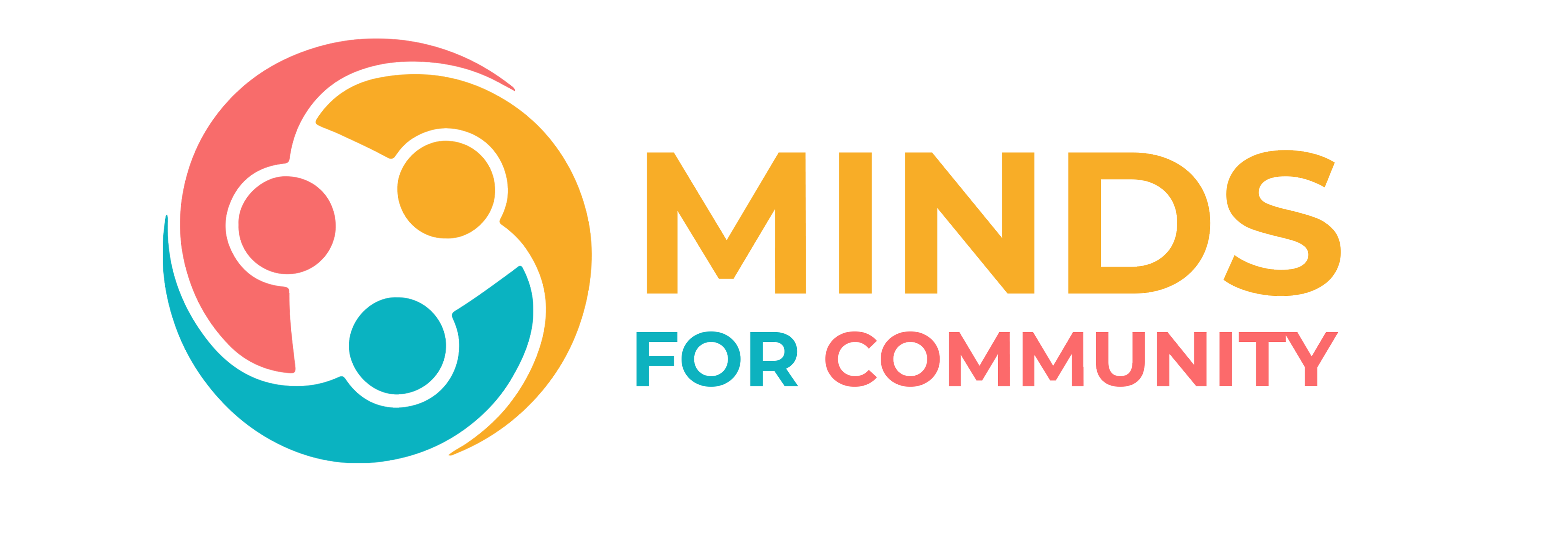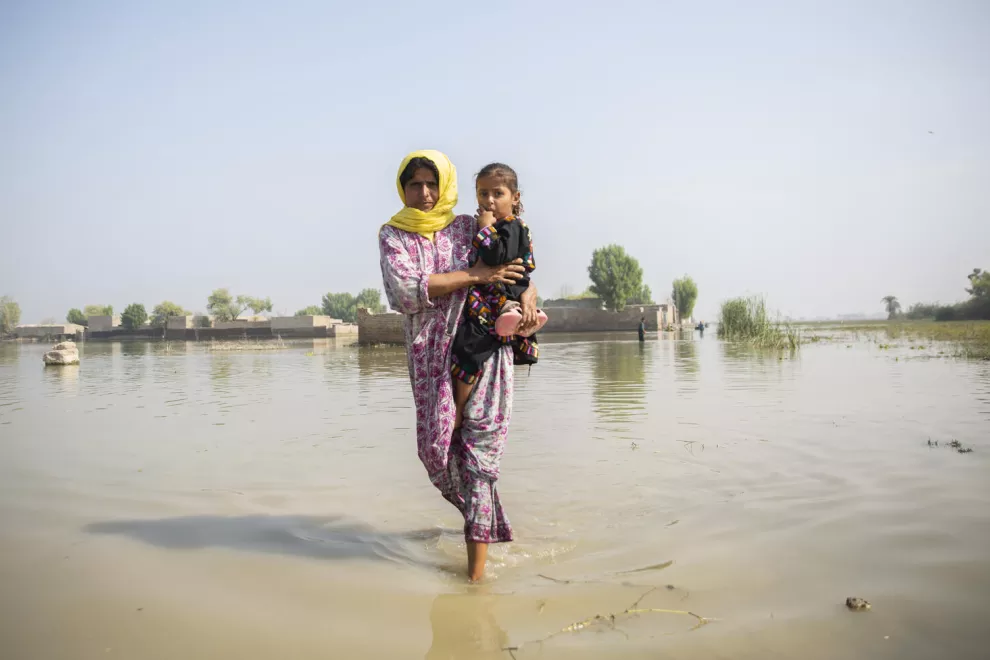Experiencing a flood is difficult and devastating for anyone, but especially so for children and their families.
Here are some tips to deal with your children after the flood:
Start the conversation and keep it open
Make sure you provide your child with opportunities to talk about how the flood made them feel and encourage them to share any worries or feelings of fear or anxiety.
Show them that you are listening carefully and care deeply about how they are feeling.
Provide reassurance
Let them know that the flood and its aftermath are not permanent and explain to them that they are natural events, and not anyone’s fault.
Give your children reassuring affection by spending time together and providing lots of extra hugs.
Watch for signs of emotional distress
While many children will seem okay for a month or so following a disaster, the numbness can wear off and they can begin showing symptoms of trauma. Some ongoing anxiety is to be expected, but if it does not stop after a few months or if your child is experiencing more extreme symptoms, such as panic attacks or wanting to harm themselves or others, reach out to your family doctor or mental health professional immediately.
Practice calming exercises together
Deep belly breathing is very helpful and is something you can do together with your older children. If you have a younger child, you could make it into a game: Every hour on the hour, see how you can calm your mind and body down by slowing down your breath.
Try to maintain some kind of routine
Though it may be incredibly difficult, going to bed or eating at the same time will help your child to feel a bit more connected to their life before the flood.






